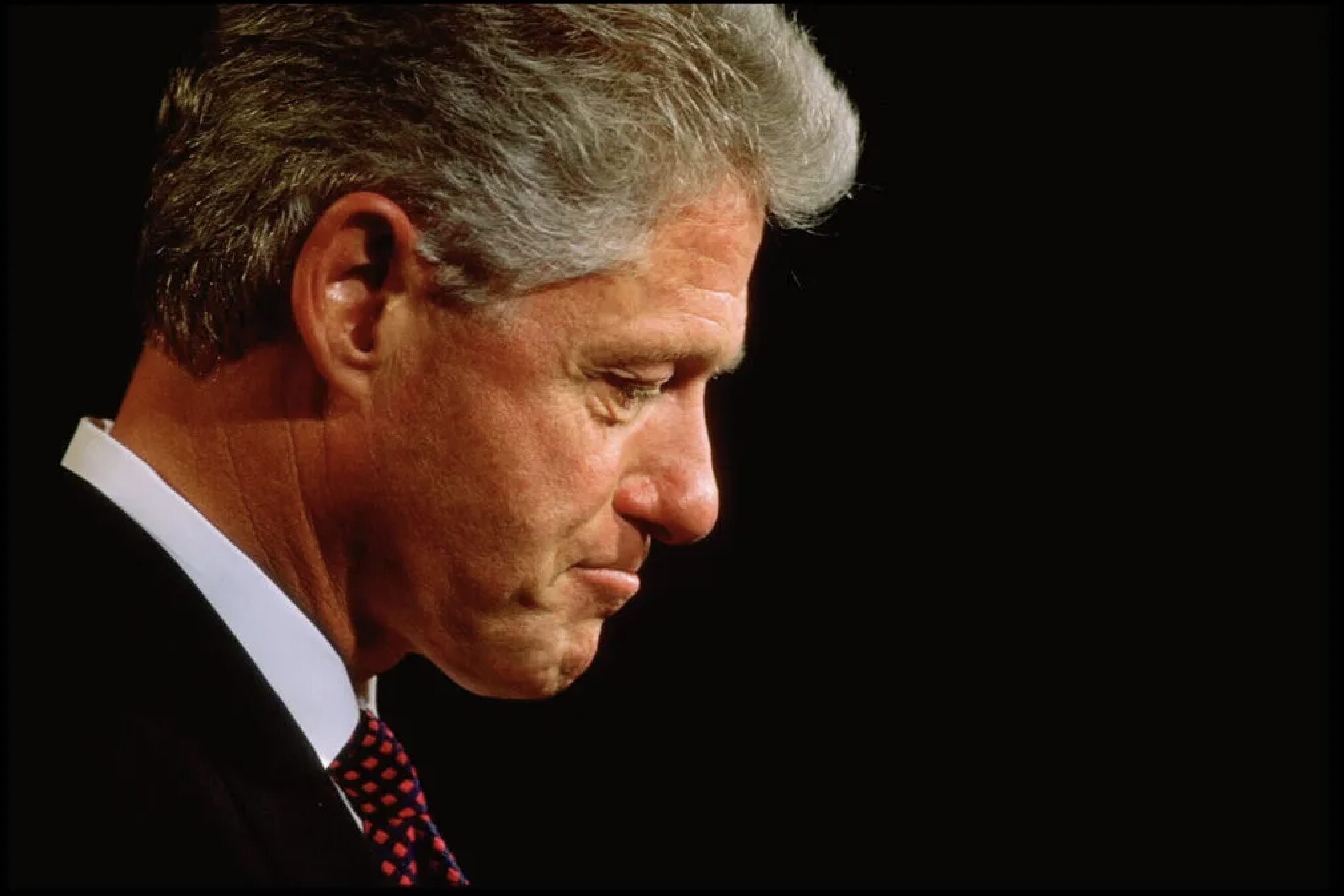
Dr. Sanjay Gupta: What Science Says About Cannabis
CBD and THC are being used more than ever for arthritis and joint pain. But does microdosing cannabis really help with inflammation, and what should…
Thought Leader: Sanjay Gupta

Former U.S. Transportation Secretary Ray LaHood told Massachusetts legislators Tuesday that now is the time to hit the reset button on the MBTA as a new governor prepares to take office in 2023.
Driving the news: LaHood, who served on an MBTA safety review panel in 2019, testified before the state’s transportation committee.
Why it matters: Boston-area riders have endured derailments, fires and a 30-day Orange Line shutdown, but trains are as slow as ever and delays persist.
What they’re saying: “The current system is not working,” said Lahood, who served as transportation secretary under former President Obama. “It simply is not. The FTA said that, we said it and the people that are riding the trains have said it over and over again.”
Context: LaHood believes MBTA officials were making progress on addressing the concerns his panel raised in a 2019 report, but the pandemic derailed their efforts.
Details: LaHood suggested that if state officials do nothing else, they should remove the Department of Public Utilities’ oversight authority over the MBTA, since multiple reports have shown the DPU hasn’t exercised it.
What’s next: State Sen. Brendan Crighton, who co-chairs the transportation committee, agreed it’s time to focus on solutions ahead of the new administration and new legislative session. But it remains to be seen whether that involves removing the DPU’s oversight authority.
Dr. Sanjay Gupta: What Science Says About Cannabis
CBD and THC are being used more than ever for arthritis and joint pain. But does microdosing cannabis really help with inflammation, and what should…
Thought Leader: Sanjay Gupta
Niall Ferguson: What’s Trump’s plan with Iran, and beyond?
Is there a deeper strategy underlying President Trump’s actions? Dan is joined by historian, Free Press columnist, CBS contributor, and Senior Fellow at Hoover Institution…
Thought Leader: Niall Ferguson
Niall Ferguson: Trump, the Midterms, and the Six-Year Itch
Nearly every two-term president, from Truman to Obama, hits a wall in year six. Can Donald Trump avoid domestic-political disaster? In this Free Press essay,…
Thought Leader: Niall Ferguson

